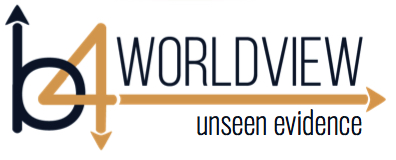
Key Thought for this session:
“I came into this world yearning for an abundant and virtuous life; what happened?”
You may have the same cry in your heart that was made famous long ago by a man who desperately desired an abundant and virtuous life, but found it so fleeing.
He came from a good family. He had committed to learning all he could learn. He worked hard at doing the right thing, as best he understood it, but he still struggled. He shared his struggle by recording these words, “A lot of what I do, I don’t know why. For what I think I should do, I don’t and then the things I know I should not do, I do.”
This brings us to the memory principle for session 2, “I came into this world yearning for an abundant and virtuous life, what happened?” We will revisit this principle throughout this session.
No matter how long I live and no matter what experiences I have, I feel like I am always just learning about this principle. My life’s story is far from over. Hopefully I have many years left to build my story. I know that how my story unfolds will be related to how my worldviews develop. I sense you may be in a similar place in your life. That’s one reason this course is important for you.
I am learning that as I move through life, I run into two choices-- two paths I can take. I can play it safe or “shoot for the moon”, as some say. I can avoid risks and blame, stay secure and protect myself from failure and pain OR I can take some risks, act on what I have and know, not waiting for a handout from someone, not needing others to dictate which way I go.
I understand that my worldviews get tested. It seems the longer I live and experience life, the more likely I am to become disappointed in people-- to feel increasingly jaded or cynical. That’s why I am committed to keep healthy worldviews. I enjoy being with you in this course because I find I still learn as much by teaching worldview as you do by studying it.
Let’s take a moment now to understand the “big picture” of worldview better by looking at what shapes our core assumptions.
Your identity is the major influence on your worldview and identity has three parts: your social identity, your personal identity, and human identity. Identity is a fascinating and powerful force in our lives. Have you noticed how people often label each other? Sometimes it is by how they look, or what job they have, or what family they belong. Let me introduce you to these three types of identity. As I do you will begin to see how complex core assumptions are that shape worldviews just because there are so many factors. Also, you can see why some of your worldview is like other people you know, but also different from people close to you, even those in your family.
Everyone identifies with the group or groups in which they belong. Social identity is what provides you with a sense of belonging, meaning, and safety. One of the most important influences of the communities in which you belong is culture.